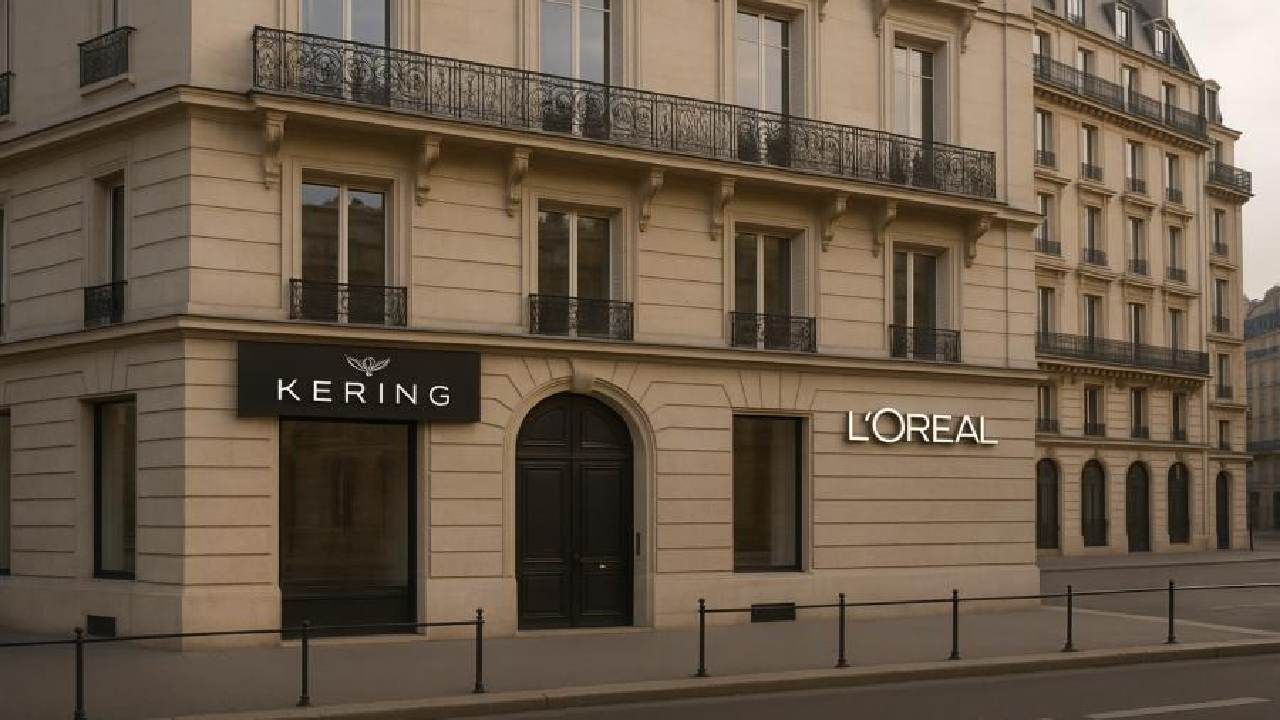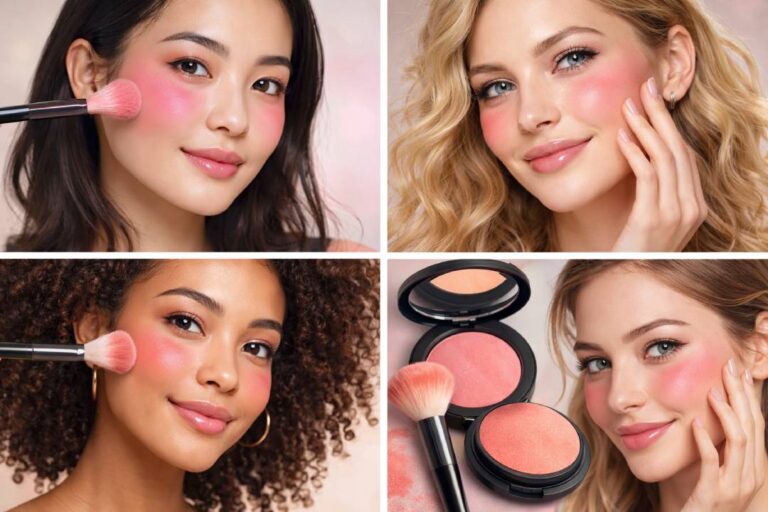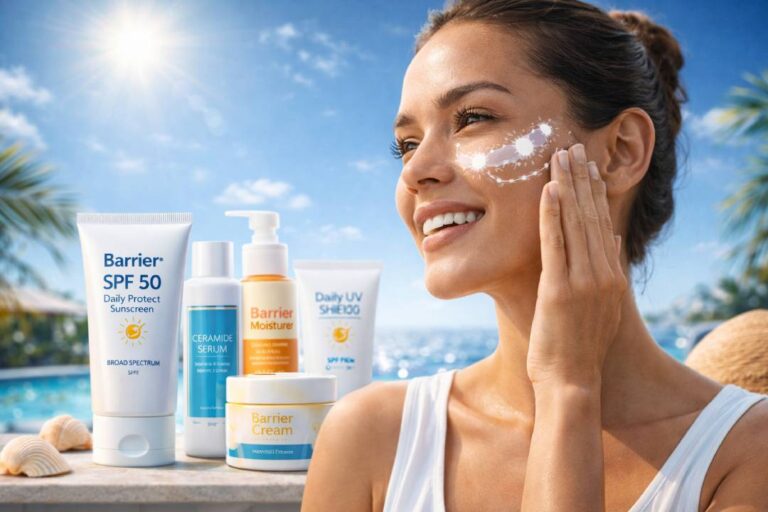
BeautyRival – The announcement that L’Oréal will acquire Kering Beauty for €4 billion has sent waves across the luxury industry. It’s not just a transaction it’s a clear signal of strategic intent. By aligning with L’Oréal, Kering is stepping away from its in-house beauty ambitions, while L’Oréal fortifies its dominance in luxury fragrances and beauty.
Why This Deal Matters
This deal holds tremendous weight. It grants L’Oréal exclusive 50-year licenses to produce and distribute fragrance and beauty products for Gucci, Bottega Veneta, and Balenciaga. It also includes the full acquisition of the House of Creed, a highly respected niche fragrance brand. For both companies, this is a long-term play that reshapes their presence in the high-end beauty sector.
“Read More : Stan Herman’s Graceful Farewell from QVC After 32 Years”
Kering’s Strategic Pivot
Kering’s decision to sell off its beauty arm marks a shift in its business philosophy. Rather than building beauty operations from scratch, the company is choosing to leverage licensing partnerships, as it once did successfully with eyewear. This move allows Kering to focus on its core strength luxury fashion and ease financial pressure after years of rising debt.
L’Oréal’s Bold Expansion
This acquisition is L’Oréal’s biggest deal to date, and a defining moment for its luxury division. By gaining control over major licenses and Creed’s assets, L’Oréal strengthens its hold on a market segment with high margins and growing consumer demand. It also expands their footprint in niche fragrances an area where the brand has lagged behind competitors in recent years.
Financial and Market Reactions
Following the announcement, investor sentiment quickly turned positive. L’Oréal saw a modest stock increase, while Kering’s shares rose sharply. Analysts point to improved debt ratios and strategic clarity for Kering, and a growth opportunity for L’Oréal. The transaction also eases financial leverage concerns, giving both companies room to maneuver in future strategic initiatives.
“Read More : The Show Must and Will Go On: Highlights from the 40th Hyeres Festival”
Implications for the Luxury Beauty Market
This move has broader implications for the beauty and fashion industries. Licensing luxury fragrance and beauty lines is emerging as a more sustainable strategy than internal development. As more fashion houses reevaluate their business models, we may see a trend where brand equity is leveraged through exclusive partnerships instead of in-house production.
A Human Take on the Deal
From a personal standpoint, this transaction reflects the maturity of both companies. Kering acknowledges where its strengths lie and chooses to divest wisely. Meanwhile, L’Oréal is showing confidence in its infrastructure and ability to scale premium brands. It’s a win-win scenario and one that may redefine how future luxury collaborations are shaped in an increasingly competitive global market.


